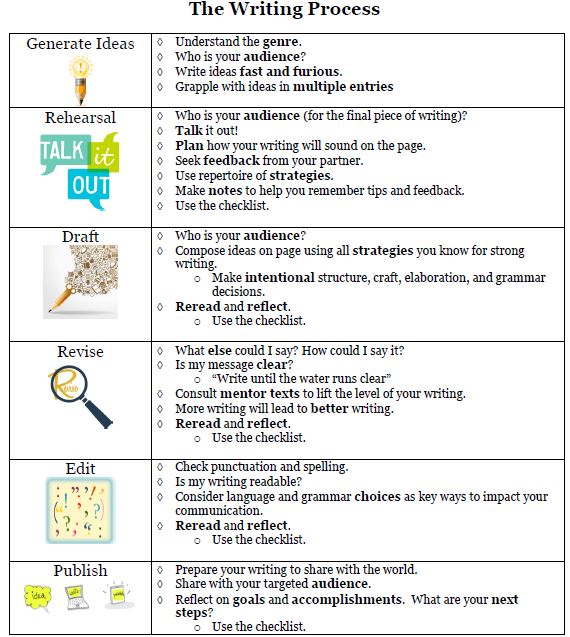This summer I have had the privilege of working with a number of educators who are preparing to implement either a reading or writing workshop next fall. After discussing the structures and components of a workshop model, many begin considering the management tactics and considerations necessary to support student engagement and foster student independence. Below are some of the considerations to support strong management within a workshop model. I believe that the management norms in place should:
Support students understanding the predictable nature of a workshop
Foster student agency and independence in their work
Emphasize that all students feel safe to take risks within the learning community
MIni Lesson
Bringing your class together for the mini lesson
Establishing long-term partnerships, research teams, and clubs
Independent Reading or Writing Time
Sending students off to work: The transition from mini lesson to work time
Assigned reading or writing spots
Goal Setting Techniques
Teaching and modeling how students can rely on one another for support (use of partnerships)
Use table conferences and strategy lessons to support productivity of the class
Leveraging your link portion of the mini lesson so students goal set and have a plan of action
Pausing students during the mid-workshop interruption to help refocus or offer new inspiration
Teach and support reading and writing stamina
I would love to hear your tips for classroom management in a Reading or Writing Workshop! Please add to the comments.
Resources: Calkins: A Guide to the Common Core Reading Workshop




